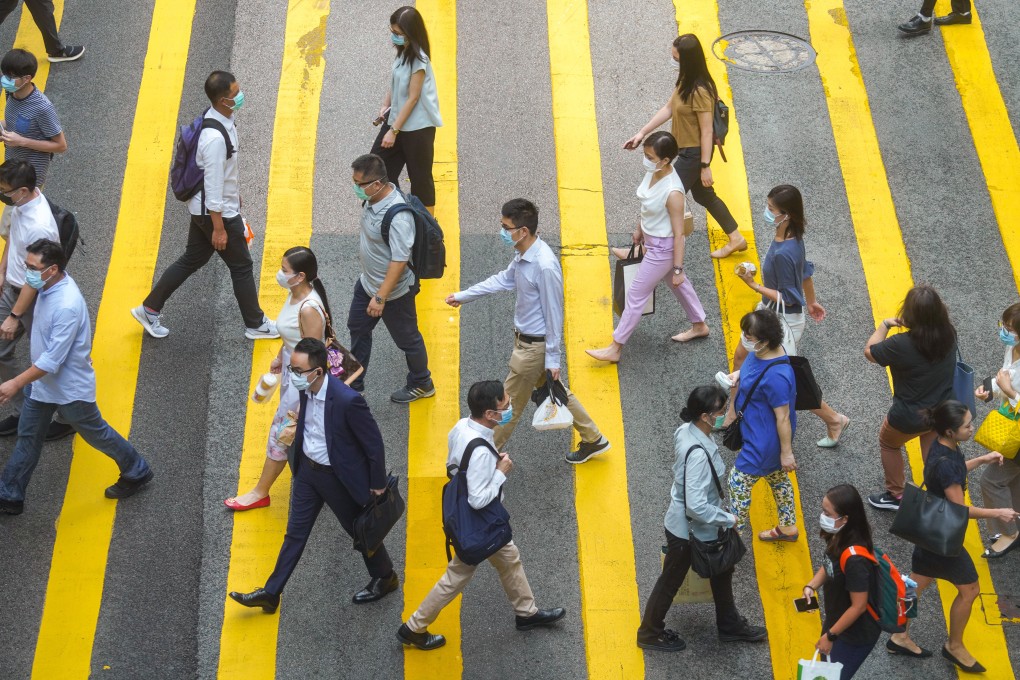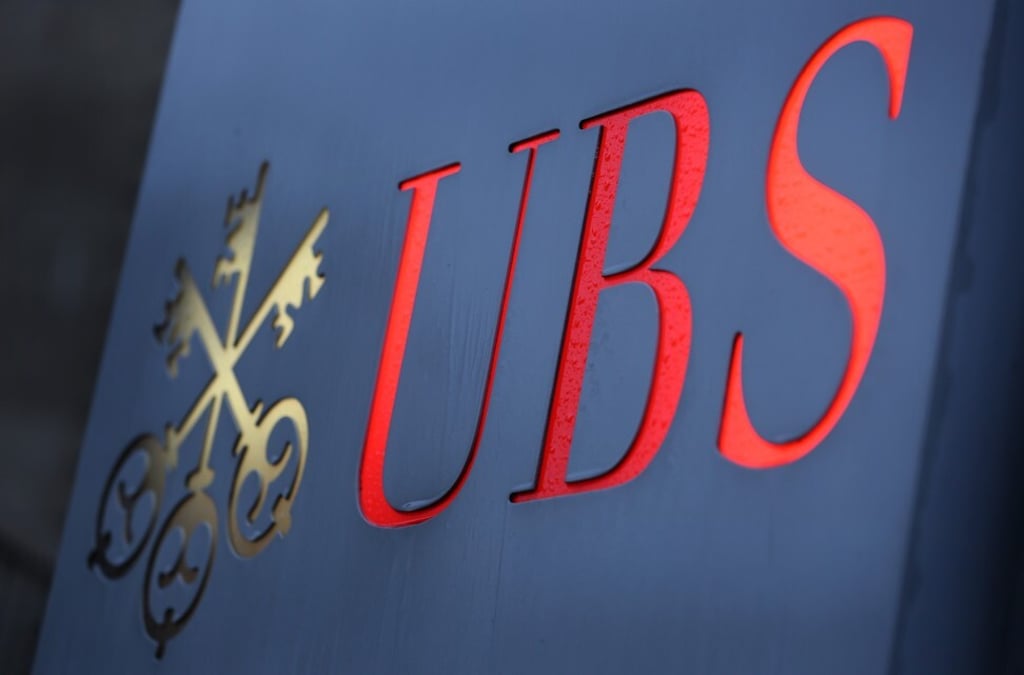Financial havoc from coronavirus pandemic spares no one, affecting seven in 10 global investors, UBS survey says
- For the longer-term, 65 per cent believe they will have reduced retirement savings while 54 per cent worry about leaving not enough money for their children, UBS survey shows
- Income inequality is set to worsen substantially, with Covid-19 could be the calm before the storm of a global food crisis in the coming years, Nomura says

The economic havoc wreaked by the coronavirus pandemic has taken a financial toll on the world’s wealthy investors, affecting 70 per cent of them and forcing them to delay their retirement plans, according to a study by the Swiss bank UBS.
The Covid-19 pandemic has affected how the wealthy think about money, as they now have less to pass on to their next generation, according to the May 2020 survey of 3,750 wealthy individuals in 15 markets including the United States, the UK, Germany, France, mainland China, Japan, Hong Kong and Singapore.
The survey shows how the world’s worst health crisis of the last few decades is sparing no one in its economic toll, not even the well-heeled and the moneyed class. The short-term consumption slumps and economic recessions are spilling over to long-term negative implications on retirement plans and succession planing.
“The pandemic is causing many of them to rethink how they'll fund their liquidity, longevity, and legacy needs,” said UBS’ global wealth management co-president Tom Naratil.

Financial concerns are bubbling to the surface, as the coronavirus pandemic has sickened more than 13 million people worldwide, and claimed more than half a million lives since it was first reported in central China’s Hubei province. The economic toll has been the worst since the Great Depression, with tens of millions of jobs lost, forcing global central banks to pour an estimated US$6 trillion in funds to prop up economies.
In the short term, 56 per cent of those surveyed said they do not have sufficient liquid assets to weather another pandemic, according to UBS. In the longer-term, 65 per cent believe their retirement savings would be reduced, while 54 per cent are concerned that they wont leave enough money for their children, and 60 per cent worry about being a financial burden to their families should they fall ill.